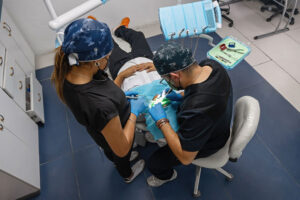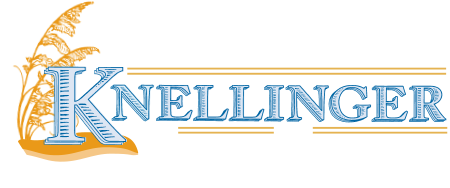Bones naturally weaken as people age, but if you are suffering from osteoporosis, you are at an increased risk for the rate of this bone loss picking up speed. Osteoporosis in the jaw bone can cause jaw pain and loose teeth. Lost jaw bone cannot be “regrown,” but there are steps you can take, including visiting your dentist in Palm Harbor, FL, and increasing your calcium and protein intake.
How does osteoporosis affect bone health?
Osteoporosis is a common disease characterized by weak and brittle bones. Our bodies naturally and constantly absorb and replace bone tissue. With osteoporosis, the body no longer produces enough bone tissue to keep up with what is being absorbed. This deterioration puts people, especially those over the age of 60, at an increased risk for fractures and oral health-related concerns.
Oral Health Risks
Decreased jaw bone density
Gum disease
Tooth loss or mobility
How can I improve my bone health?
Many times, people diagnosed with osteoporosis have a calcium or vitamin D deficiency. Other factors include aging and menopause. In fact, women are three times more likely than men to suffer from osteoporosis. Help maximize your bone health by following these tips:
Nutrition—Build strong bones by increasing your calcium, protein, and vitamin D intake. Add dairy products, lean meats and fish, and eggs to your diet to help support healthy bones.
Exercise—Daily weight-bearing exercises like walking, jogging, or weight training can strengthen bones and help prevent osteoporosis. Try adding four hours of exercise each week to boost your bone health.
Maintenance—Routine visits to your dentist in Palm Harbor, FL, help maintain your oral health. Many times, osteoporosis has few early symptoms. Your dentist can catch early warning signs with x-rays.
Osteoporosis may be a common disease, but that does not make it any less serious of a concern for your oral and overall health. If you are worried about jaw bone loss, our dentists will take an x-ray and evaluate the state of your oral health with you.



